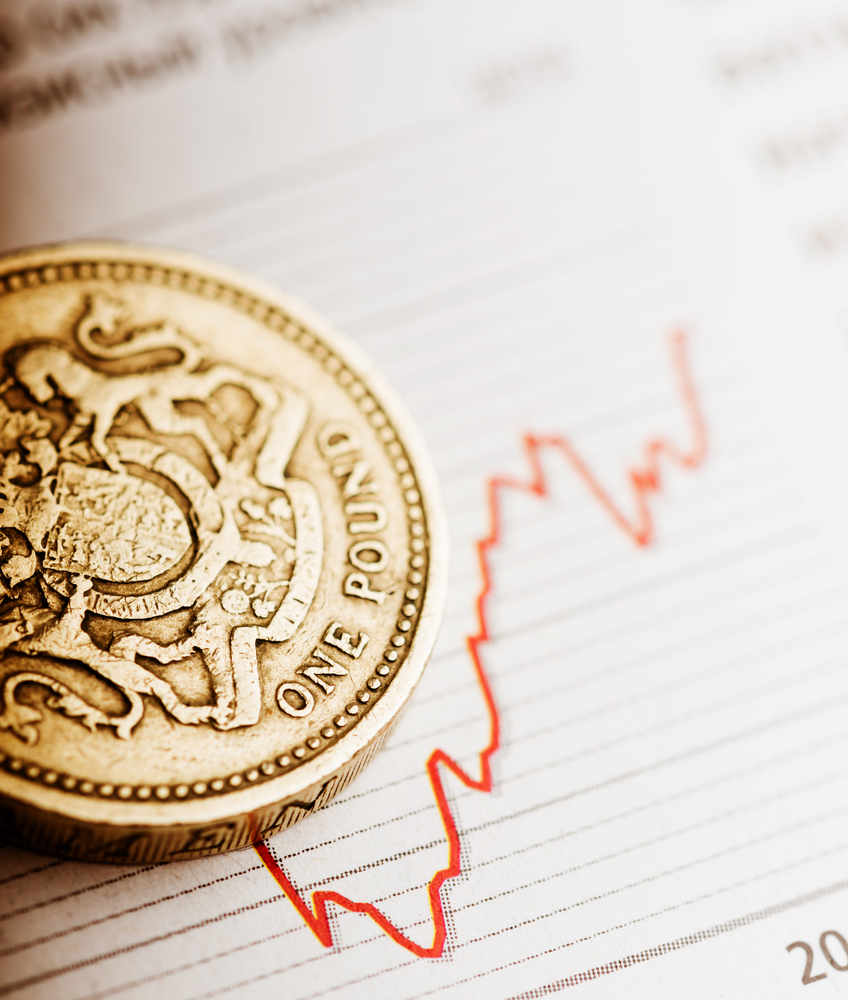British pound sterling is currently going through a sustained period of strength. While this may be good news for holiday makers, many companies that export overseas will be hit by losses from the negative impact on foreign exchange rates as they convert money from international customers and subsidiaries to pound sterling.
Some of the UK’s biggest companies have already reported profit slumps. Publishing giant Pearson experienced losses of up to 6 per cent and engineering firm IMI took a 4 per cent hit due to the strong pound. While these large firms can to an extent absorb this financial blow, the country’s small and growing businesses are likely to be the hardest hit.
What can exporters do to protect themselves?
The good news for exporters is that the global economy is in a much healthier state than what it was even two years ago. Recession-weary customers abroad will likely not be so averse to importing from the UK now as they may have been two years ago had the pound been so strong then.
However, exporters will still feel an effect, and must face a choice of either absorbing a probable loss of custom, or adapt their business by lowering their prices. After all, as far as the customer is concerned, they are paying a lot more for the exact same product as they did before GBP’s gains.
It is advisable to lower prices in the short term, preparing for shorter profit margins, rather than lose a client altogether by demanding the same GBP price. Long-term relations are what matter to a business. Furthermore, clients will appreciate UK exporters’ efforts to accommodate their clients in challenging circumstances. Relationship building is what makes a business in the long-term.
While GBP is so strong, it is also an opportune time for businesses to channel energies away from focus on price, and instead on improving product, timeliness and client relations. If trust and rapport with a client is built up over time, the client will likely stick with a company even if it means paying a little more on their product.
The time for importing is now
As GBP has greater buying power now abroad, companies that import to the UK will see increased savings on orders, or may choose to take advantage of the currency’s strength in order to bulk-buy now, in case the market moves against them in future.
Exporters can also take advantage of the strength of GBP. They can use its buying power to improve business by investing capital in foreign services or products. Who knows when the currency will be so strong again? Now is an opportune time for businesses to improve technologies, facilities or in foreign market expansion investment, for instance.
The takeaway
The strength of pound sterling often sounds the alarm bells for exporters. However, in taking a long-term view, rather than micro-managing each period of currency fluctuation, a business will be much better off.
Retaining customers in such challenging times is paramount for a business’s long-term future. Such a time should also be taken advantage of where possible, in optimising import operations and focusing elsewhere on business improvement.
See also: Exporting and new opportunities for expansion overseas






